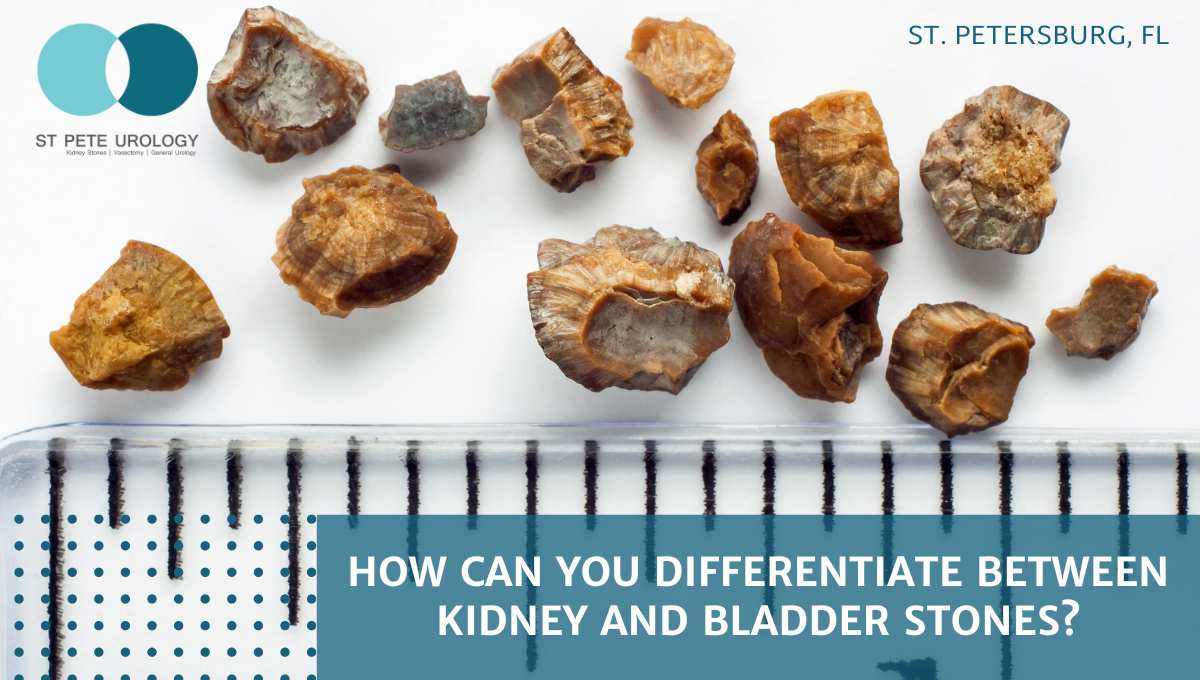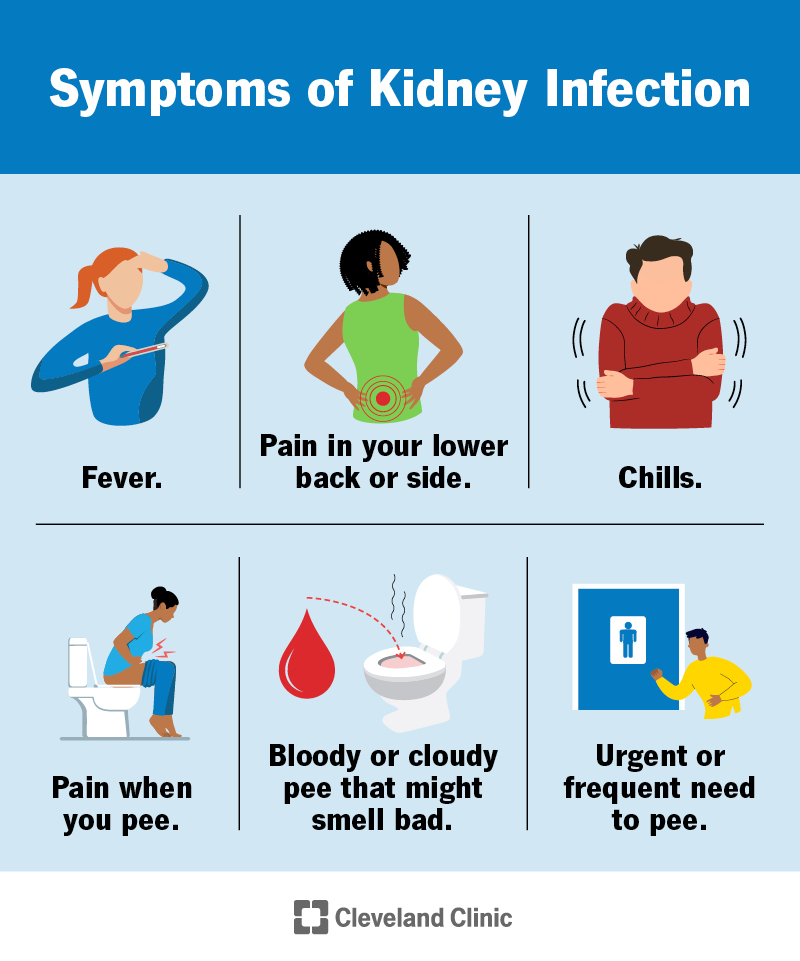Kidney Stones vs UTI: Understanding the Overlapping Effects and Treatment Strategies
Kidney Stones vs UTI: Understanding the Overlapping Effects and Treatment Strategies
Blog Article
Exploring the Effects and Causes of Kidney Stones in Comparison to Urinary System Infections: A Comprehensive Guide
The expedition of kidney rocks and urinary tract infections (UTIs) exposes a complicated interplay of signs and underlying reasons that warrant mindful assessment. While both conditions can result in hematuria, they offer unique clinical attributes and emerge from various etiological aspects. Understanding the subtleties of each problem is essential for efficient medical diagnosis and administration. What are the key differences in their symptoms, and how might these inform treatment techniques? The solution to these concerns may give crucial understandings into the prevention and care of these typical urological issues.
Overview of Kidney Stones
Kidney rocks, likewise called renal calculi, form when specific materials in the pee crystallize and accumulation, resulting in the advancement of tough down payments within the kidneys. These rocks can differ in dimension, varying from a grain of sand to a golf sphere, and can be made up of numerous materials, one of the most typical being calcium oxalate, uric acid, struvite, and cystine. The formation of kidney rocks is influenced by a number of factors, including dietary routines, fluid consumption, and hereditary proneness.
Signs of kidney stones may consist of extreme pain in the back or side, blood in the urine, nausea or vomiting, and frequent peeing, particularly as the stone relocates with the urinary system tract. Medical diagnosis generally entails imaging studies such as ultrasound or CT scans, alongside urinalysis to determine the stone's make-up.
Treatment alternatives vary based on the dimension and kind of rock, as well as the seriousness of signs (Kidney Stones vs UTI). Small rocks may pass naturally with enhanced liquid intake, while larger rocks may call for clinical interventions such as lithotripsy or surgical removal. Understanding the pathophysiology and threat elements related to kidney stones is crucial for efficient prevention and monitoring
Overview of Urinary System Tract Infections
Urinary system infections (UTIs) are common microbial infections that influence any component of the urinary system, consisting of the kidneys, ureters, bladder, and urethra. They mainly happen when bacteria, commonly from the intestinal tract, get in the urinary system, leading to inflammation and infection. UTIs are categorized into 2 main types: uncomplicated and complicated. Straightforward UTIs typically occur in healthy individuals with regular urinary system systems, while complicated UTIs might emerge in individuals with hidden problems, such as structural problems or jeopardized body immune systems.
The prevalence of UTIs is notably higher in females than men, primarily due to anatomical distinctions, such as a much shorter urethra. Danger factors include sex-related task, particular contraceptive methods, urinary retention, and dehydration. The diagnosis of UTIs is generally validated through urine examinations, which may expose the visibility of bacteria, leukocyte, or red blood cells.

Symptoms of Kidney Stones
The pain related to kidney rocks can manifest in various means, typically leading people to look for clinical interest. One of one of the most typical symptoms is extreme discomfort, generally localized in the reduced back or side, which might emit to the abdominal area or groin. This pain, often called sharp or cramping, can take place all of a sudden and may vary in intensity.
Additionally, people may experience hematuria, or blood in the pee, which can range from microscopic total up to visible staining. This symptom may be gone along with by changes in urinary system habits, such as raised regularity or urgency, as well as discomfort throughout peeing. Nausea or vomiting and throwing up are additionally common, usually resulting from the body's reaction to extreme pain.
In many cases, individuals might experience high temperature and chills, specifically if a second infection creates due to the blockage created by the rocks. In general, the combination of severe discomfort, hematuria, altered urinary system patterns, and stomach signs and symptoms can supply significant understanding right into the existence of kidney rocks, calling for timely medical assessment and treatment. Comprehending these signs is crucial for timely medical diagnosis and effective monitoring of the condition.
Symptoms of Urinary System Infections
Infections within the urinary system tract frequently present a series of unique symptoms that can dramatically influence day-to-day live. One of the most typical symptoms consist of a consistent impulse to urinate, frequently come with by a burning feeling during peeing, referred to as dysuria. Individuals may likewise experience increased frequency of urination, producing percentages of pee each time.
Other notable symptoms include gloomy or smelly pee, which may indicate the existence of bacteria or pus. In some cases, pee may show up red or pink due to the visibility of blood, a problem called hematuria. Additionally, individuals may experience pelvic pain or stress, which can even more exacerbate the sensation of urgency.
Systemic symptoms might also materialize, such as high temperature, chills, and exhaustion, especially if the infection has risen to the kidneys. It is necessary to identify these signs and symptoms early, as neglected urinary system tract infections can bring about extra extreme issues. Kidney Stones vs UTI. Trigger medical focus is advised when these symptoms are observed, permitting for appropriate analysis assessment and treatment to ease discomfort additional resources and prevent further health problems
Root Causes Of Each Condition
Often, kidney stones and urinary tract infections emerge from unique yet sometimes overlapping reasons that can affect individuals in different ways. Kidney stones generally create due to metabolic variables, dietary choices, and genetic proneness. why not try this out Raised degrees of calcium, oxalate, or uric acid in the pee can bring about stone development. Dehydration, inadequate liquid consumption, and high-sodium diets can intensify these conditions, promoting condensation within the urinary tract.

Recognizing these distinctive reasons is critical for avoidance and treatment. Kidney Stones vs UTI. While way of living modifications may minimize the threat of kidney rocks, ideal hygiene and timely treatment of urinary tract infections are necessary for reducing their recurrence and linked complications
Final Thought
In summary, kidney rocks and urinary system system infections present distinct symptoms and underlying reasons. Kidney stones are defined by serious pain and metabolic variables, while urinary system system infections largely include bacterial infections leading to urinary system urgency and pain.
The expedition of kidney rocks and urinary system system infections (UTIs) reveals a complex interplay of signs and symptoms and underlying causes that require mindful examination.Urinary system tract infections (UTIs) are common bacterial infections that influence any kind of part of the urinary system, including the kidneys, ureters, bladder, and urethra.Regularly, kidney rocks and urinary tract infections arise from click here for more unique yet occasionally overlapping reasons that can influence people in different ways.In summary, kidney rocks and urinary tract infections present unique signs and symptoms and underlying reasons. Kidney stones are identified by serious pain and metabolic aspects, while urinary system infections largely entail bacterial infections leading to urinary necessity and pain.
Report this page